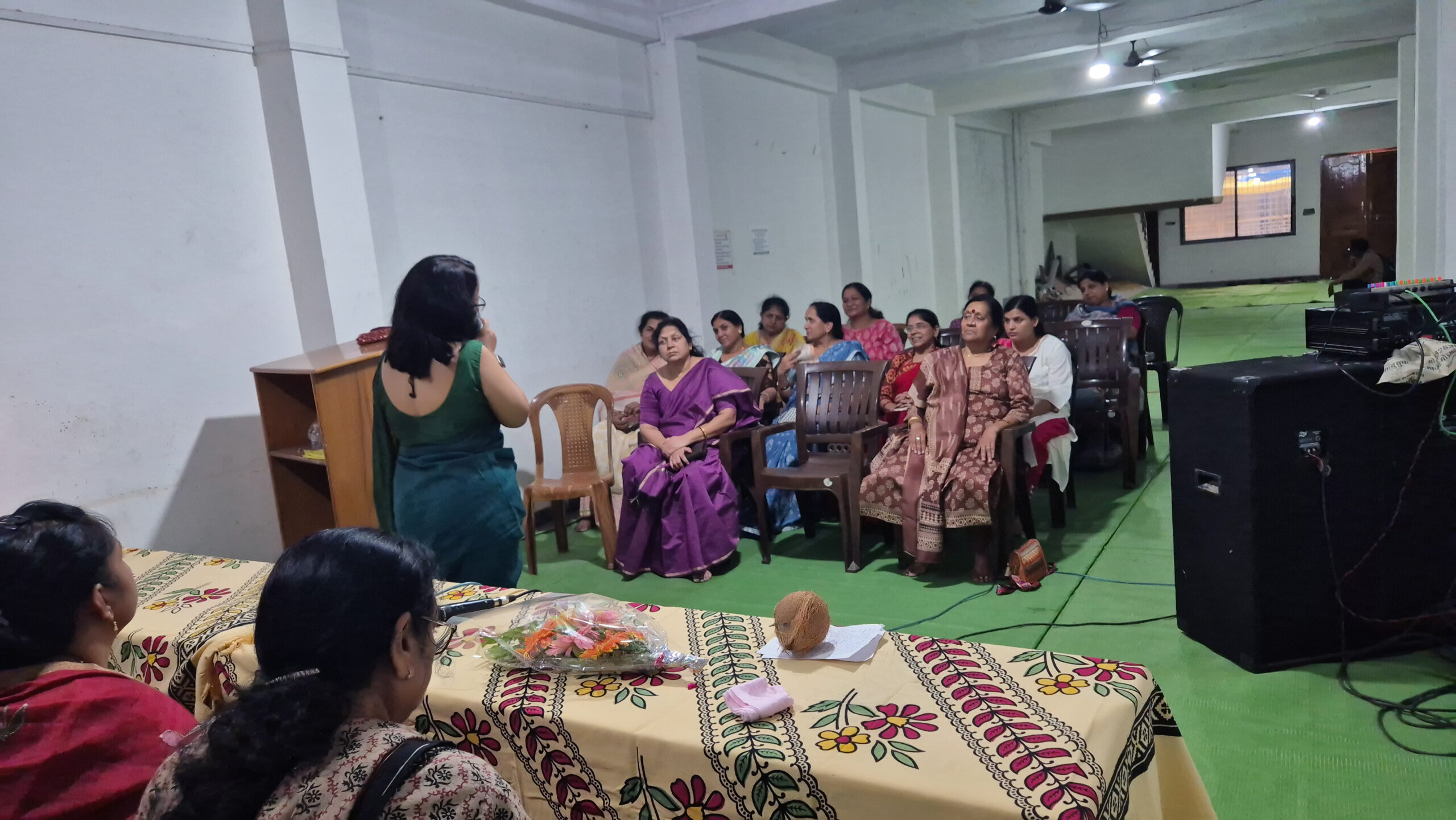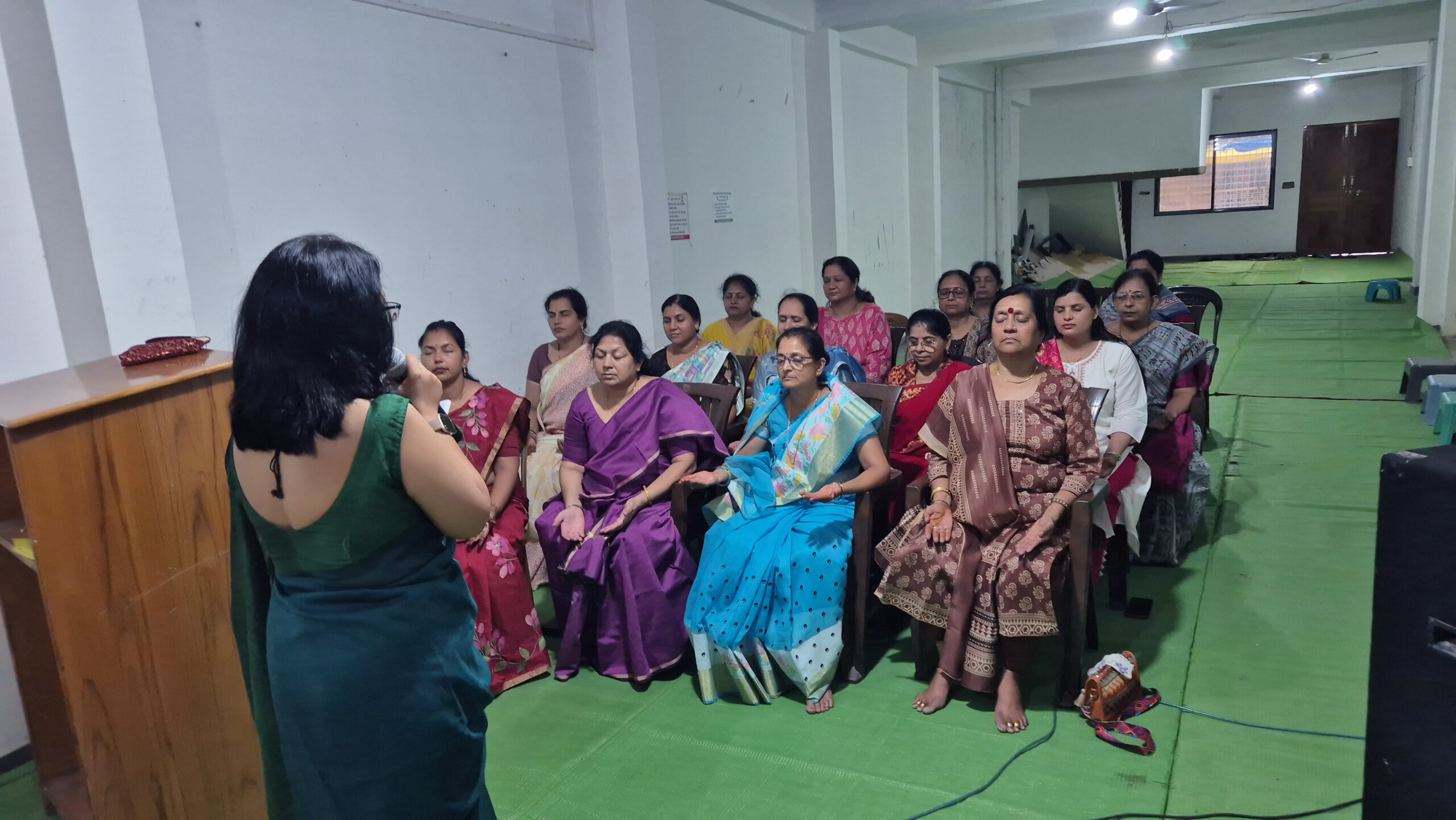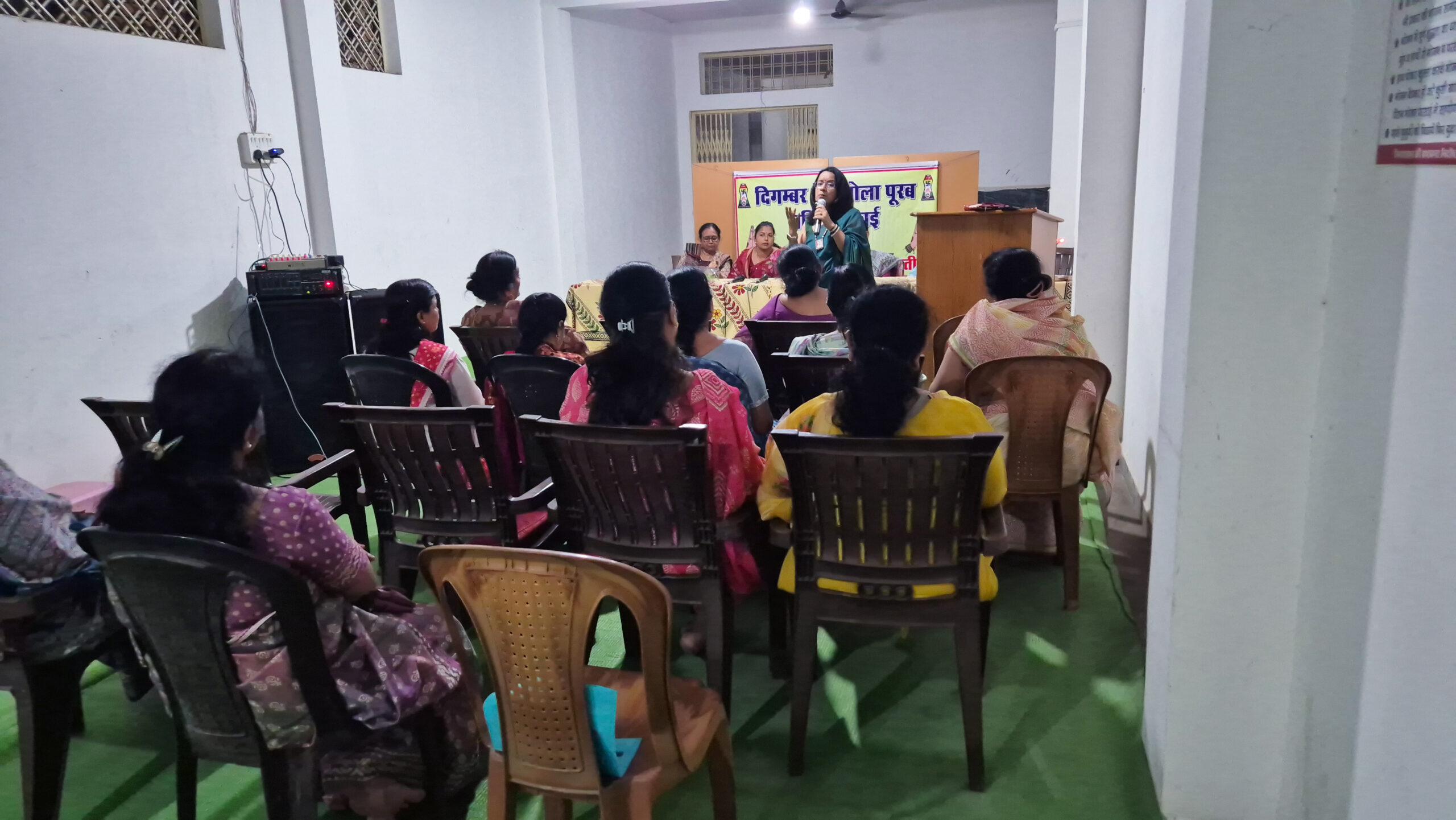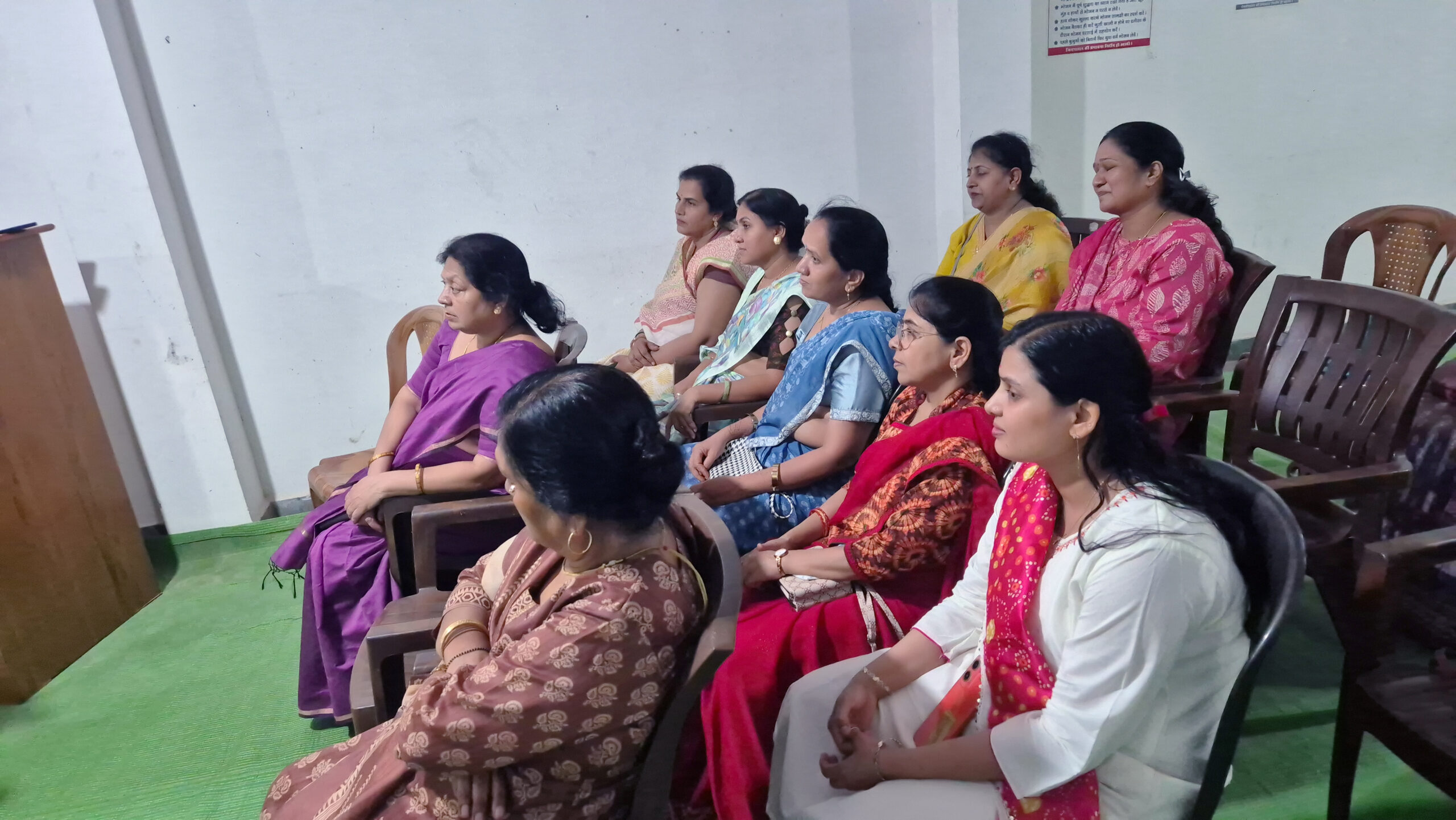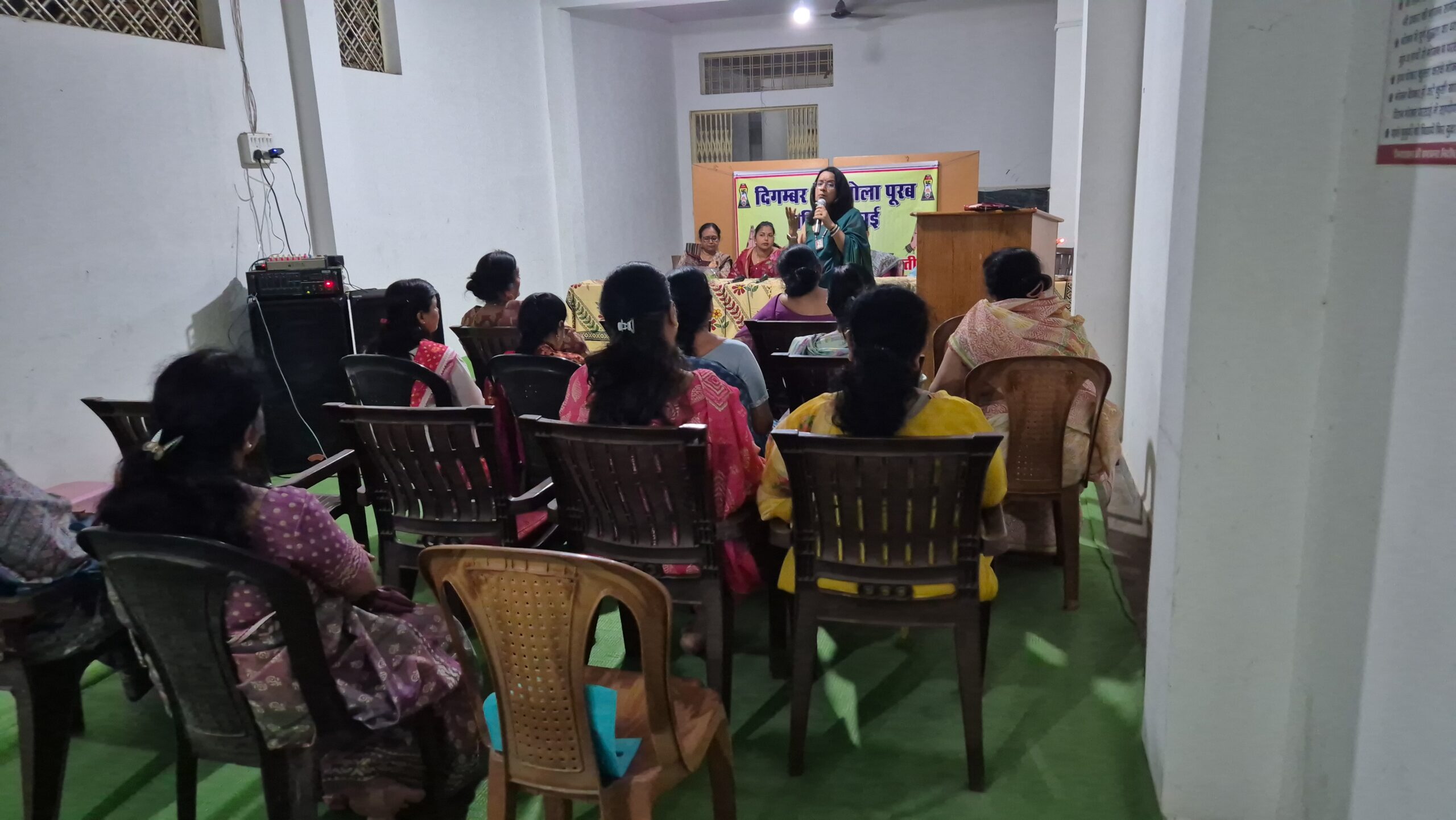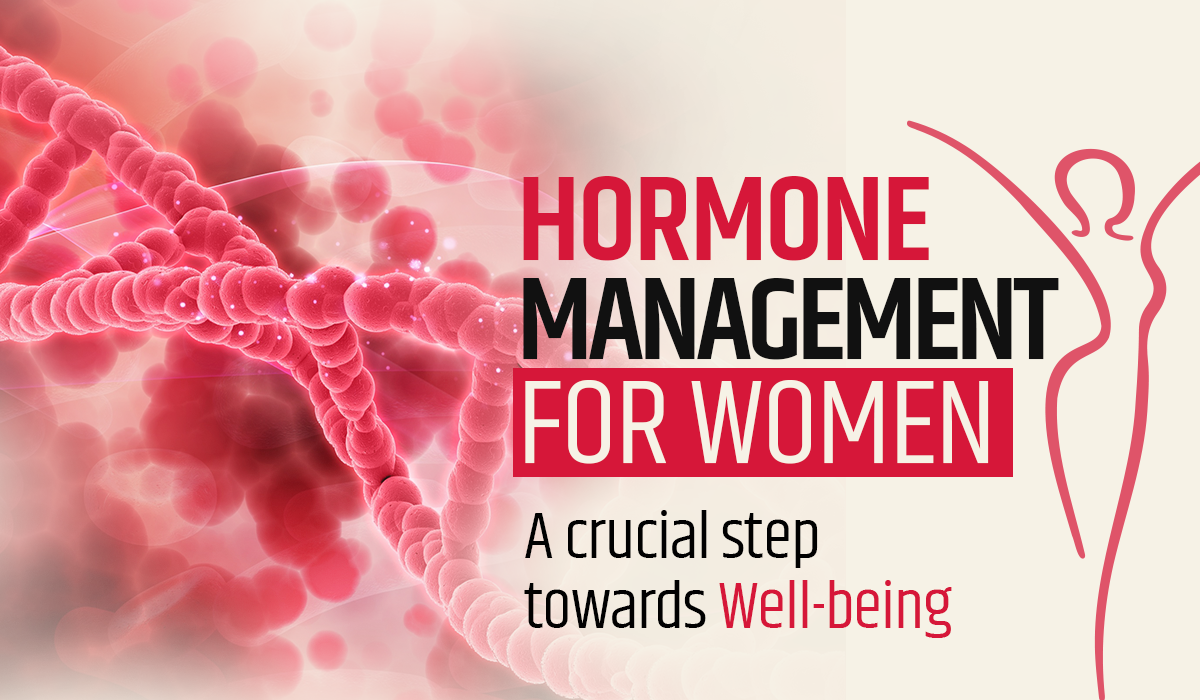
Hormone Management for Women: A Crucial Step Towards Well-being
Hormones, often referred to as the body’s chemical messengers, play a pivotal role in almost every bodily function. From metabolism and mood to reproduction and energy levels, a delicate balance of hormones is essential for overall health and well-being. For women, this balance is particularly intricate and undergoes significant shifts throughout different life stages, from puberty and menstruation to pregnancy, perimenopause, and menopause. When these hormones go awry, the impact can be profound, leading to a wide range of uncomfortable symptoms and even serious health conditions.
Recognizing the critical importance of this topic, Medini Care recently organized a dedicated session on “Hormone Management” specifically for women. The event, held on Sunday, June 15, 2025, at 3:00 PM, aimed to shed light on the complexities of hormonal health and empower women with the knowledge to better understand and manage their bodies. The venue, the hall below Kanch Mandir, opposite Cooperative Bank, Golganj, Chhindwara (M.P.), provided an accessible location for attendees to gather and learn.
The session featured an insightful presentation by Vithika Jain, Director of Medini Fertility Care. Her expertise in the field of fertility and women’s health makes her an ideal guide for navigating the often-confusing landscape of hormone imbalances. The presence of such a seasoned professional underscored Medini Care’s commitment to providing comprehensive and expert-led healthcare solutions.
So, why is hormone management so crucial for women? Let’s delve deeper into some key aspects:
Understanding Hormonal Imbalances
Hormonal imbalances can manifest in numerous ways, and the symptoms can often be vague or attributed to other causes. Common signs include irregular periods, heavy bleeding, hot flashes, night sweats, fatigue, weight gain, mood swings, anxiety, depression, insomnia, reduced libido, and skin issues like acne. Long-term imbalances can contribute to conditions such as Polycystic Ovary Syndrome (PCOS), endometriosis, uterine fibroids, thyroid disorders, and even increase the risk of certain cancers.
The Lifelong Journey of Hormonal Changes
A woman’s hormonal landscape is constantly evolving. During adolescence, the surge of hormones triggers puberty. Throughout the reproductive years, the menstrual cycle is regulated by a complex interplay of estrogen, progesterone, FSH, and LH. Pregnancy brings about monumental hormonal shifts necessary to support the developing fetus. As women approach perimenopause and menopause, estrogen and progesterone levels decline, leading to the familiar symptoms associated with this transition. Understanding these natural shifts is the first step towards effective management.
Lifestyle and Hormonal Health
While some hormonal imbalances may require medical intervention, a significant number can be influenced by lifestyle choices. Diet plays a crucial role; a balanced diet rich in whole foods, lean proteins, healthy fats, and plenty of fruits and vegetables can support hormone production and regulation. Regular physical activity helps manage stress, improve insulin sensitivity, and promote healthy weight, all of which positively impact hormonal balance. Stress management techniques like yoga, meditation, and deep breathing are also vital, as chronic stress can wreak havoc on adrenal hormones. Adequate sleep is another non-negotiable factor, as many hormone production processes occur during rest.
The Role of Medical Guidance:
While self-care strategies are important, professional medical guidance is often necessary for accurate diagnosis and personalized treatment plans. A healthcare provider can conduct blood tests to measure hormone levels, identify underlying causes of imbalance, and recommend appropriate interventions. These may include hormone replacement therapy (HRT) for menopausal symptoms, specific medications for conditions like PCOS or thyroid disorders, or natural supplements. The key is to work collaboratively with a doctor to find the most effective and safe approach.
The Medini Care session on hormone management served as a timely reminder that women’s health is a multifaceted and ongoing journey. By providing a platform for education and expert insights from professionals like Vithika Jain, Medini Care empowered attendees to take a more proactive role in their hormonal well-being. Understanding the intricate dance of hormones and recognizing the signs of imbalance are crucial steps towards leading a healthier, more vibrant life. If you suspect you have a hormonal imbalance, consult with a healthcare professional to explore your options and embark on a path to better health.



